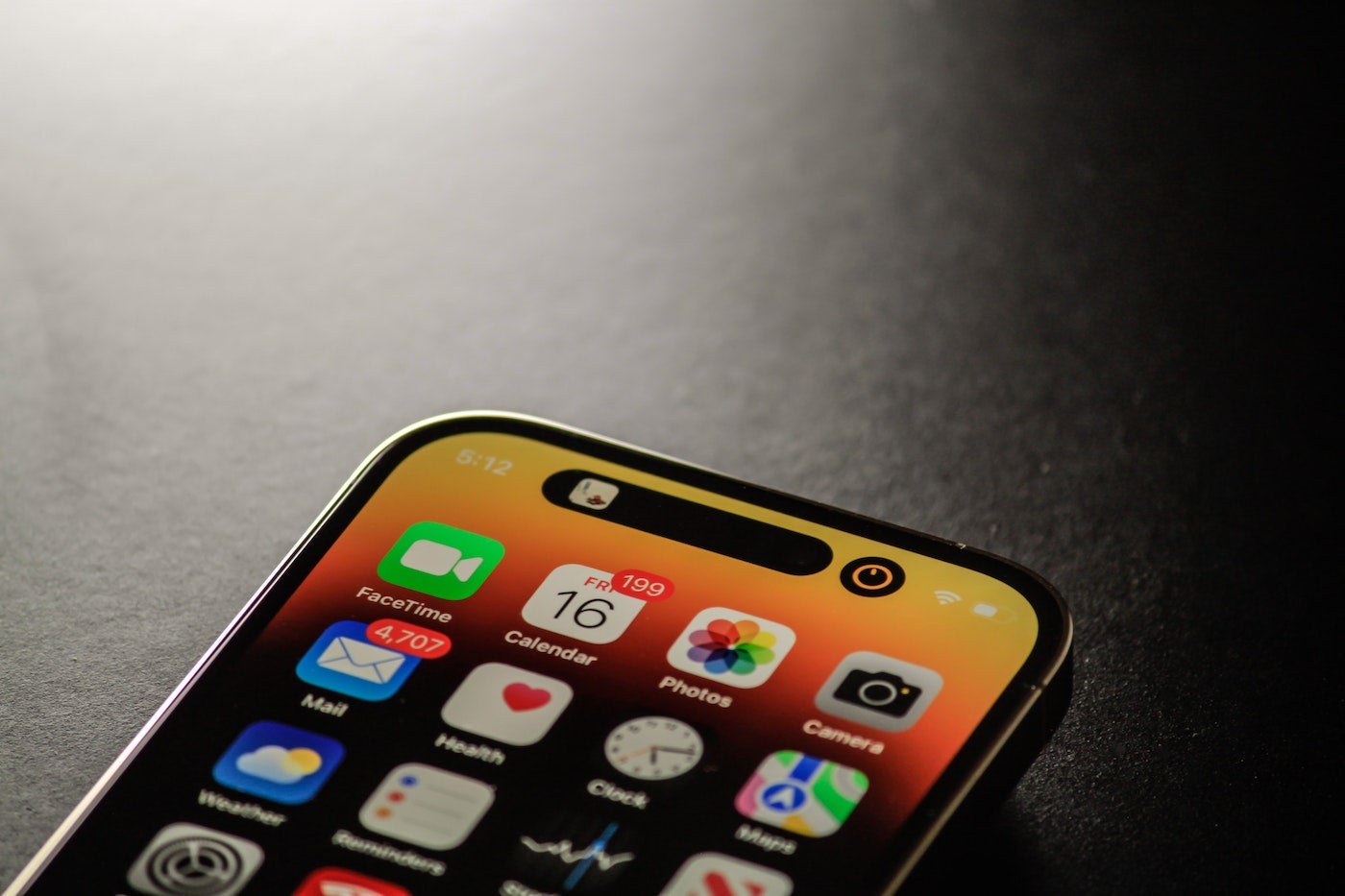As of December 27, Apple stopped promoting the iPhone 14, iPhone 14 Plus and third-generation iPhone SE in all EU member states, together with France, Germany, Italy and Spain. This choice follows laws that require digital gadgets offered in these nations to have USB-C charging ports, which these fashions lack.
The European “Widespread Charging” Directive 2022/2380, which establishes new guidelines for radio tools offered within the EU, entered into power on 28 December. Amongst different issues, it requires most gadgets – together with telephones, tablets and cameras – to cost by way of USB-C in an effort to scale back e-waste and handle market fragmentation.
Along with requiring USB-C ports, the directive mandates that gadgets that assist quick charging adjust to the USB energy supply customary, which permits sooner charging speeds and as much as 240W of energy. Gadgets also needs to include clear labels informing prospects of the charging requirements and capabilities.
Why is that this directive mandatory?
A common charging customary ensures that one charger can work for a number of gadgets, lowering the necessity to personal or buy totally different cables. It additionally prevents producers from bundling their particular chargers with their merchandise and including the related prices to the value.
SEE: Apple Intelligence EU: Potential Mac launch amid DMA guidelines
Moreover, standardization of USB-C creates a stage enjoying subject for accent producers by eradicating proprietary expertise similar to Apple’s Lightning Port, permitting them to design merchandise which might be appropriate with all gadgets with out restrictions or licensing charges.
The iPhone 14, iPhone 14 Plus and iPhone SE – in addition to the Magic Keyboard – all characteristic the Lightning Port, which has now been faraway from Apple’s on-line shops in most EU nations, as reported by MacRumors. The phase-out started round December 20, after the gadgets had been discontinued in Switzerland.
Because the UK has left the EU in 2020, the gadgets can nonetheless be purchased in England, Wales and Scotland; nevertheless, the gadgets usually are not obtainable in Northern Eire as they function within the EU’s single market. These Apple gadgets are nonetheless obtainable outdoors of Europe, similar to within the US, India and China.
Apple licensed resellers within the EU will be capable of proceed promoting the Lightning-enabled iPhones till they run out, in accordance with the French web site. iGenerationwhich additionally information in regards to the impending strike on 13 Dec.
The tech large initially claimed the EU’s regulation was “stifling innovation” in an announcement Reuters in 2020; Apple ultimately relented and added USB-C ports to the iPhone 15 sequence in 2023. Europe is liable for greater than a quarter of Apple’s whole incomethus, the lack of its market will value the corporate dearly.
SEE: Apple should repay €13 billion in unpaid taxes to Eire, EU court docket guidelines
Does the brand new regulation have an effect on prospects who already personal these fashions?
The brand new regulation doesn’t have an effect on prospects who presently personal these gadgets; nevertheless, it prevents producers from promoting non-USB-C enabled telephones within the block, even when they had been available on the market earlier than December 28. All iPads and AirPods offered by Apple are already USB-C solely.
Whereas the directive does imply that the most affordable iPhones are now not obtainable within the EU, Apple’s customary product timeline would possible have discontinued the iPhone 14 sequence in September 2025 if it hadn’t gone into impact when it did. Certainly, a fourth technology iPhone SE with USB-C connection is slated for launch early 2025.
========================
AI, IT SOLUTIONS TECHTOKAI.NET
